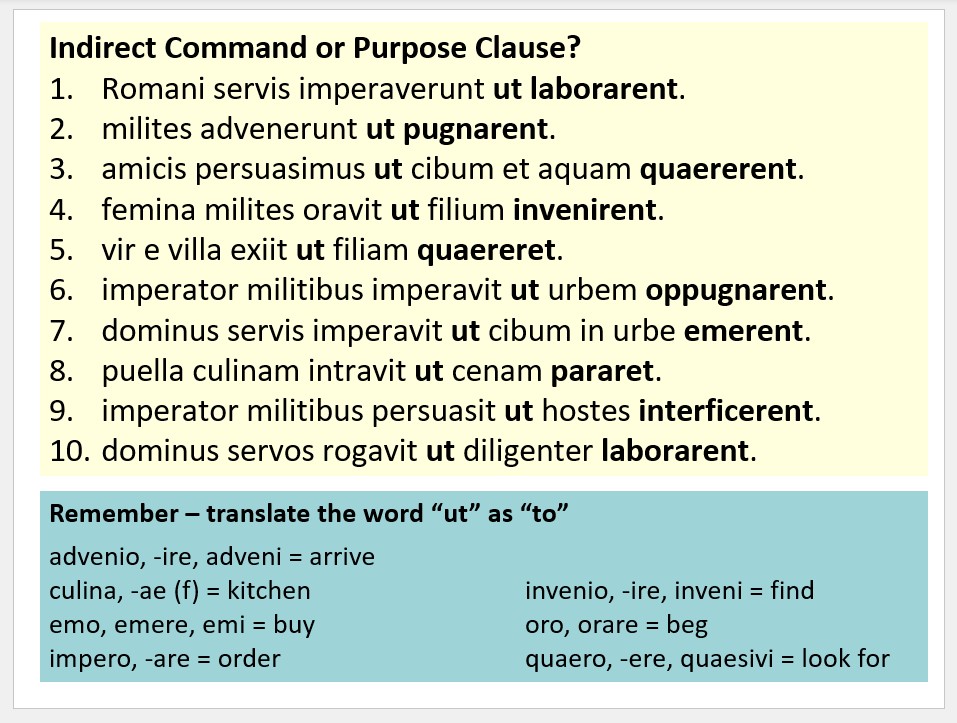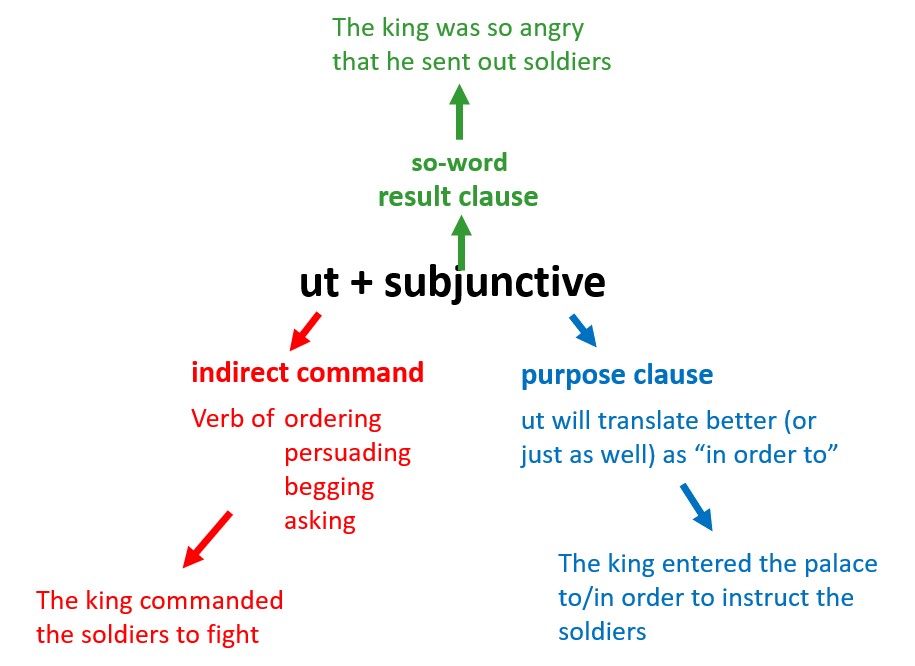This is the first of two remarkably busy weeks working with a very large number of Year 11s during their school holidays, preparing for the forthcoming GCSE examinations. Many of these students have approached me in just the last few weeks seeking help, and it is remarkable how much can be achieved in a short time prior to the final exams.
Many clients are surprised by the assurance that help can be worthwhile at this late stage. Many contact me in a state of panic or near despair, convinced that the situation is unsalvageable and unsure why they’re even asking for my advice. Yet within a few weeks it is possible to have an impact on a student’s confidence and their attainment, so long as you know what to focus on.
First and foremost, it is essential to assess the particular areas with which a student is struggling. This in itself can be a challenge, since many students (and certainly their parents) can struggle to identify where the problems lie. Students often present with nothing more than the fact that they need help with “the grammar”, so I rely largely on my own detective work to get to the bottom of what can be done to improve the situation. At a late stage of intervention this may well not mean delving into complex material, nor indeed trying to ask them to learn basic fundamentals. At this stage, it’s about identifying and selecting some concrete things to address that will gain them a win.
One thing that can be tackled head-on is their performance in the grammar questions, which make up 10% of their language mark. The examiner is remarkably repetitive and we are now in possession of enough past papers to prove this concept. Showing students every single past paper in quick succession, focusing entirely on the grammar questions and demystifying what it is that the examiner is looking for in their answer can be a real game-changer. In just one session it is usually possible to help get most students to the point where they can achieve 8 or 9 out of 10 in that section. To achieve full marks, students require a whistlestop tour of the uses of the subjunctive, which is a question the examiner has asked every single year, and that can take up another session or two. The uses of the subjunctive are another relatively easy win because most exam papers contain at least 5-10 sentences containing one of these constructions, so an understanding of how to translate those clauses gains them a significant margin.
There are further gains to be had if we have time to look at several practice papers as they can be coached on the types of phrasing that come up on a regular basis. I have identified a collection of common phrases that appear on exam papers with striking regularity, and a student who is perhaps overwhelmed with vocabulary learning can benefit from focusing their revision on these phrases. In addition, I have a list of high-frequency words that come up time and again on exam papers. Focusing on the high-frequency words will not gain a student a top grade in the exam (you need all the vocabulary for that!) but it can be a real game-changer for students who are struggling at the pass-mark.
Some students come to me for help with the literature and the majority of the time it is because they are completely overwhelmed by how to go about committing the texts to memory. I have written before on the fact that too many teachers tend to assume that students have the knowledge, experience and skills to rote-learn vast quantities of material without support, but in my experience, this really is not the case. My grades went up significantly when I started to assume that students did not have this knowledge and I taught them explicitly how to go about the process. Likewise, my grades went up when I took the risk of allowing them short bursts of class time to make a start on the process – this afforded me the opportunity to model the process and then monitor them using it. Many students are resistant to advice when it comes to study skills, so it’s important to ensure that they do give effective methodologies a chance so that they can be converted to the process. If left to their own devices, many students will ignore the suggestions made by their teachers, attempt to do it their own way and fail.
I am finding the work that I am doing immensely rewarding. Just this week I had a particularly heartening message from a client saying that her son is really seeing a difference. “He’s just said to me “ a few weeks ago I wouldn’t have had a clue and now I am getting them all right”. So grateful.” This particular student has been through exactly the process I have outlined above – I took him on a whistlestop tour of the uses of the subjunctive, we reviewed all the grammar questions on past papers and now we’re onto as many practice papers as we have time for, tackling some further easy wins such as time phrases along the way. Once the student is on board with the notion that it is never too late to turn their performance around, it’s quite remarkable what can be achieved.








